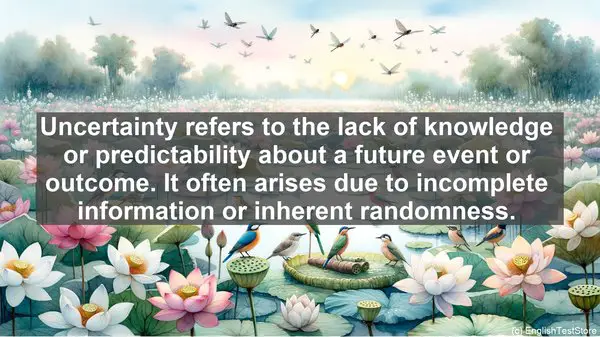Introduction
Welcome to our channel. Today, we have an interesting topic to discuss – the top 10 commonly confused words in cognitive robotics. As students, it’s crucial to have a strong grasp of these terms to excel in this field. So, let’s dive right in!
1. Artificial Intelligence vs. Machine Learning
Often used interchangeably, these terms have distinct meanings. Artificial intelligence refers to the simulation of human intelligence in machines, while machine learning is a subset of AI that focuses on algorithms and statistical models. In simple terms, AI is the broader concept, and ML is a specific technique within it.
2. Automation vs. Robotics
While both involve the use of technology, automation refers to the process of making a system operate automatically, often without human intervention. On the other hand, robotics is the branch of technology that deals with the design, construction, and operation of robots. In short, automation is a broader concept, and robotics is a specific application of it.
3. Perception vs. Cognition
Perception refers to the process of recognizing and interpreting sensory information, such as visual or auditory stimuli. Cognition, on the other hand, involves higher-level mental processes, including thinking, problem-solving, and decision-making. While perception is more about sensing the environment, cognition focuses on understanding and processing that information.
4. Algorithm vs. Heuristic
Both are problem-solving approaches, but with different strategies. An algorithm is a step-by-step procedure that guarantees a solution, often based on mathematical calculations. On the other hand, a heuristic is a general rule or strategy that may not always lead to an optimal solution but is often quicker and more practical. Algorithms are more precise, while heuristics are more flexible.
5. Localization vs. Mapping
In the context of robotics, localization refers to the robot’s ability to determine its position or location in a given environment. Mapping, on the other hand, is the process of creating a representation or map of the environment. While localization focuses on the robot’s position, mapping is about creating a spatial understanding of the surroundings.
6. Planning vs. Control
Planning involves determining a sequence of actions or a strategy to achieve a goal. Control, on the other hand, is the execution of those actions to ensure the desired outcome. In simple terms, planning is about deciding what to do, and control is about actually doing it. Both are essential components of an autonomous system.

7. Sensor vs. Actuator
Sensors are devices that detect or measure physical properties, such as light, temperature, or distance. They provide input or information to the system. Actuators, on the other hand, are devices that cause physical movement or action based on the system’s output or commands. In short, sensors sense, and actuators act.

8. Uncertainty vs. Variability
Uncertainty refers to the lack of knowledge or predictability about a future event or outcome. It often arises due to incomplete information or inherent randomness. Variability, on the other hand, refers to the range or spread of values within a set of data. While uncertainty is about not knowing, variability is about the range of possibilities.
9. Feedback vs. Feedforward
Both are control mechanisms, but with different approaches. Feedback control relies on measuring the system’s output and comparing it to the desired or reference value, then making adjustments based on the error. Feedforward control, on the other hand, anticipates disturbances or changes in the system and takes preemptive actions. Feedback is reactive, while feedforward is proactive.
10. Kinematics vs. Dynamics
In the context of robotics, kinematics deals with the study of motion, specifically the position, velocity, and acceleration of objects. Dynamics, on the other hand, involves the forces and torques that cause that motion. While kinematics focuses on the ‘what’ of motion, dynamics is about the ‘why’ or the underlying forces behind it.
